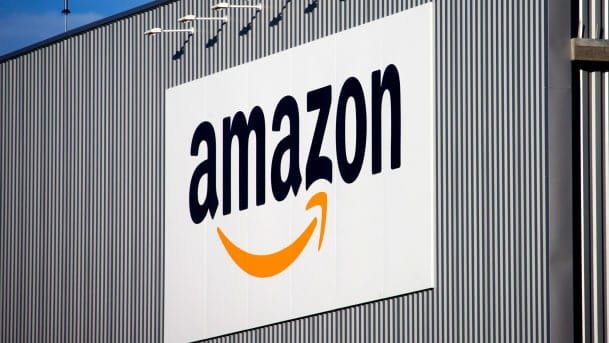
Amazon’s Growing Private Label Business Ignites Fear in Some Merchants

Whether the sellers and top brands like it or not, Amazon is clearly doubling its effort to grow its private labeling business according to business experts. Amazon wants to sell its own branded products, putting most independent sellers and top brands at stake.
The Accelerator Program
Pursuing a private label brand gave Amazon more benefits in many ways according to some business experts. For one, the online retail giant can expand their product selection to get better profit margins. Their supply chain management also becomes easier, and moreover, some other brands will be forced to cut down their price to match Amazon’s and remain competitive.
Just last week, Amazon launched the Accelerator Program to invite third-party sellers to become part of their “Amazon family of brands.” The said program will give third-party sellers a special feature to promote their own brands and push their rank up in listings against their competitors.
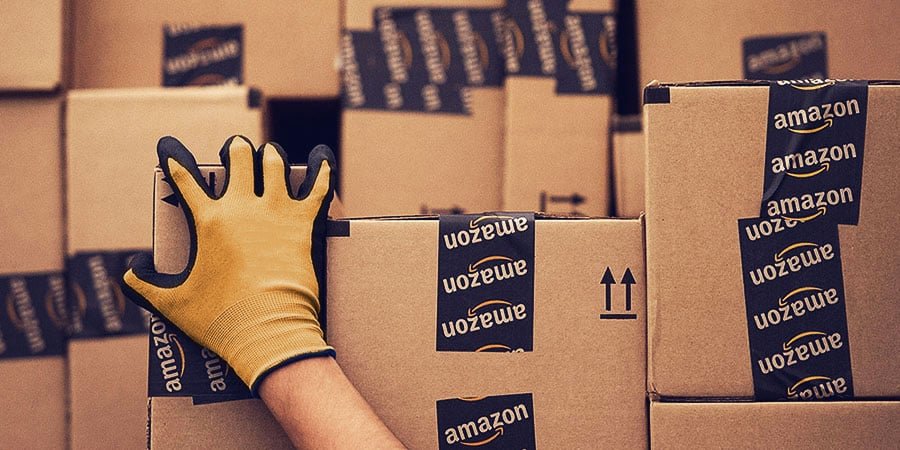
The said program increased Amazon’s number of private label brands as well as the items sold exclusively on the website according to some business and sales analysts.
Unfortunately, this news came at a bad time for top brands and sellers who became heavily reliant on Amazon. The production of new Amazon-owned brands would mean they have to compete directly with Amazon (which provided them with an online platform to start with) for consumer wallet share. The business experts add Amazon’s efforts to grow their private label brands only speak of how the company is serious in becoming the Everything Store.
But in doing so, it ignites immense fear among top brands and sellers as they’re forced to compete with the e-commerce giants. Aside from that, it might also trigger a chain effect in small businesses having to close down and file bankruptcy.
Amazon’s Dominance
According to One Click Retail director Peter Andrews, Amazon’s dominance in the digital and e-commerce world forced most brands to adapt amazon’s strategy to stay competitive for the past few years. Ever since Amazon started their private label business almost a decade ago, their products expanded exponentially to baby wipes, diapers, toys, food, mattresses, shoes, dresses, and books, until it became everyone’s online store.
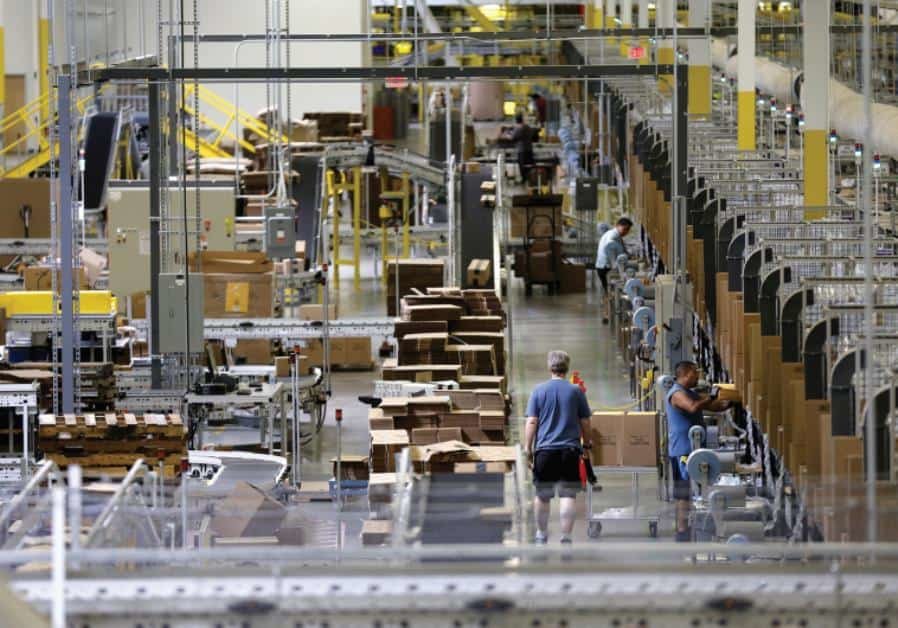
Amazon entered the private label business last 2009 and started selling commodity products like batteries and USB cables.
Today, the company has over 120 categories according to TJI Research. The firm also expects Amazon’s private label business to earn an astounding $7.5 billion in sales in 2018, and it’ll increase up to $25 billion by 2022 based on their predictions. According to D.A. Davidson’s Tom Forte, Amazon’s goal is to provide their customers with a large selection of products with good quality and prices through their private label business.
The Fear
According to the director of marketing and eRetailing Jeff Benzenberg, he’s been receiving some insights from multiple sellers and top brands on how they’re all worried they’ll have to compete for their way not only with other sellers but also with the platform itself for a certain category.
In fact, Amazon’s Mama Bear diapers now dominate the top spot in the diaper category, pushing out other brands like Bambo Nature and Honest Company. The report says Mama bear’s sales increased up to 40% between the second and third quarter of 2018, reaching an astounding $200,000 average sales per week.
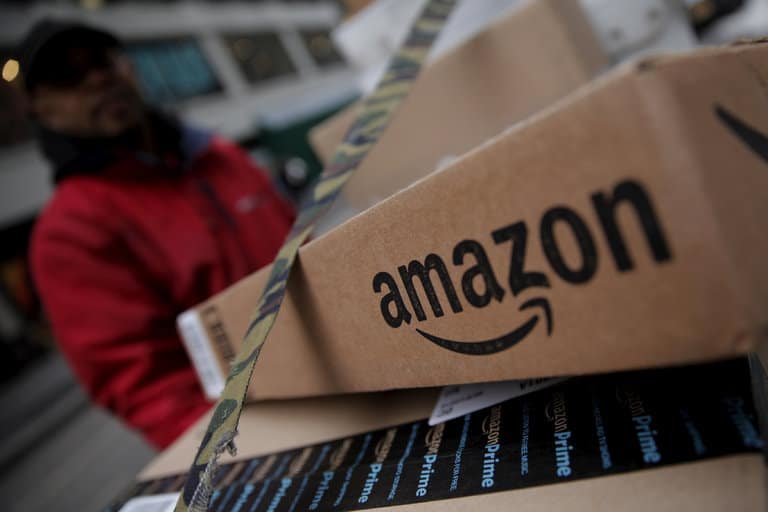
According to the data reported by One Click Retail, it shows Amazon can become a formidable competitor if it decides to get serious in private label business.
Bigger Ambition
According to Forte, Amazon may have bigger goals to pursue the private label business. He adds the company’s latest move could also force their sellers to purchase more ads on Amazon to increase their exposure in the online marketplace. Amazon may be aiming to become a massive retail shop that handles everything from supplying, manufacturing, storage, storefront all the way to the delivery and logistics, according to Juozas Kaziukėnas.
While Amazon already dominates the retail cycle like storefront, fulfillment, and warehousing, they still lack expertise in other areas like manufacturing and product development. But tapping the private label business can help Amazon fill in those missing pieces to become an ultimate retail cloud like AWS cloud service.
More in Finance & Business
-
`
Why You Need to Think Twice Before Buying a House
So, you have been scrolling through real estate listings, envisioning your dream kitchen, and even bookmarking paint colors for the nursery....
November 26, 2023 -
`
Santo Spirits: Sammy Hagar and Guy Fieri’s Joint Venture
In the world of business partnerships, some combinations might seem unconventional at first glance. But when you delve deeper into the...
November 16, 2023 -
`
Everything You Need to Know About Mortgage Rate Lock
You have probably embarked on the exciting yet nerve-wracking voyage of purchasing a home. Amidst the sea of paperwork, open houses,...
November 9, 2023 -
`
7 Effective Ways to Make Your Business More Sustainable
In an age of rising environmental consciousness, making your business more sustainable isn’t just a trend; it’s a necessity. Sustainable practices...
November 3, 2023 -
`
Housing Market Going Up? Then Why Not Rent?
“Buy a house! It is the best investment!” How many times have you heard that? Probably enough to make a drinking...
October 29, 2023 -
`
Surprising! Celebs Who You Didn’t Know Had a Master’s Degree
When it comes to celebrities, we often associate them with glitz, glamour, and blockbuster movies. But did you know that some...
October 17, 2023 -
`
Navigating the Housing Maze: The 7% Mortgage Rate Quandary
If there is one thing that this year has thrown our way (apart from those fascinating tech gadgets we did not know...
October 12, 2023 -
`
Where to Buy a House in the U.S With a $100K Salary
Got a cool $100,000 annual paycheck in your pocket? Cheers to that accomplishment! With such a financial cushion, dreams of homeownership...
October 6, 2023 -
`
The “Grave” Housing Crisis Forcing U.S. Homeowners to Sell Their Houses
Every culture has its dreams and aspirations. For those living in the United States, it has traditionally been an idyllic house, spacious and...
October 1, 2023













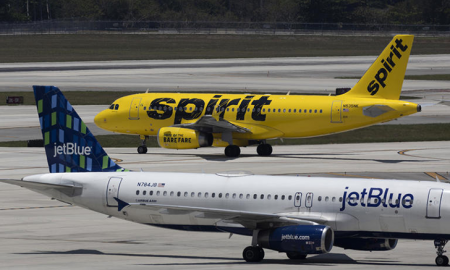

You must be logged in to post a comment Login